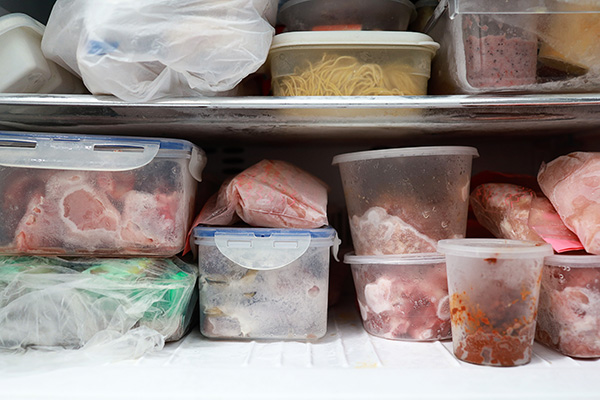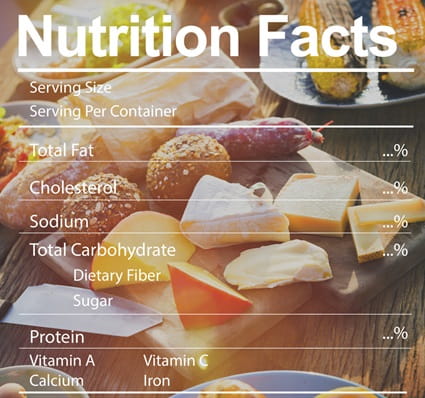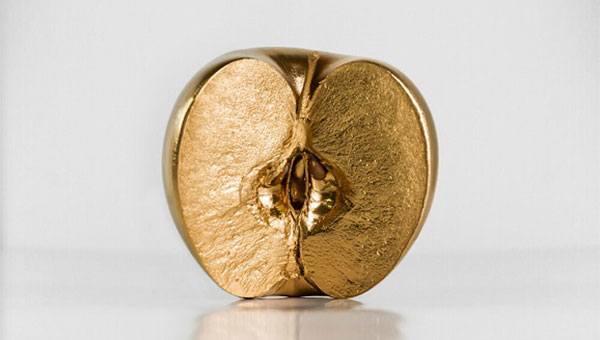Did you know you could freeze whipped topping for up to six months or that hot sauce stays good for three years in the pantry? Here are a few food safety tips that may help keep your food from ending up in the trash or giving your family a food-borne illness.
In an Emergency
While it may be basic instinct to want to toss everything in your refrigerator and freezer after losing power, you may not have to start from scratch. According to the Food and Drug Administration (FDA), here’s how to know if your food is safe to eat after losing electricity:
- Does your freezer have a thermometer? When your power returns, note if your freezer is reading 40°F or below. If it is, your food is safe to eat.
- Examine the food’s appearance and check for odor. Ice crystals are a sign that the freezer was kept at 40°F or below and this food is safe to refreeze or cook. If your freezer doesn’t have a thermometer, check each package of food to determine its safety.
- Food kept in your refrigerator should be safe as long as the power wasn’t out for more than four hours and the door stayed closed. Foods like meat, poultry, fish, eggs or leftovers that were stored above 40°F for two hours or more should be thrown away.
Leftover Lunch
Did you cook a great meal or have your favorite dish at a restaurant? Here are a few ways to store your favorites so you can enjoy them the next day:
- Cool food rapidly after cooking to prevent bacterial growth. Divide or cut large amounts of food, like soup or turkey, and store in shallow containers.
- If wrapped in airtight packaging or storage containers, leftovers can be kept up to three or four days. Airtight storage helps retain moisture and prevent odors from spreading to other foods in your fridge.
- When reheating leftovers, you should cover foods to retain moisture and make sure that foods reach 165° F, and that sauces and soups come to a rolling boil.
For the Party
Planning a big soiree? Here are a few tips to keep the good times rolling:
- Check the storage directions on food labels. Often, when you open a non-refrigerated item, you’ll need to store in the refrigerator after the seal has been removed.
- Keep ready-to-eat foods, like meats and cheeses, in a refrigerator until your guests begin to arrive. Trays with these foods should be eaten as soon as possible because listeria (a bacterium that causes food-borne illness) can grow if food is kept above 40° F.
- Marinating food should be kept in the refrigerator to keep bacteria from multiplying. If you want to re-use the marinade, it should be brought to a boil before using again. Otherwise it should be thrown away.




